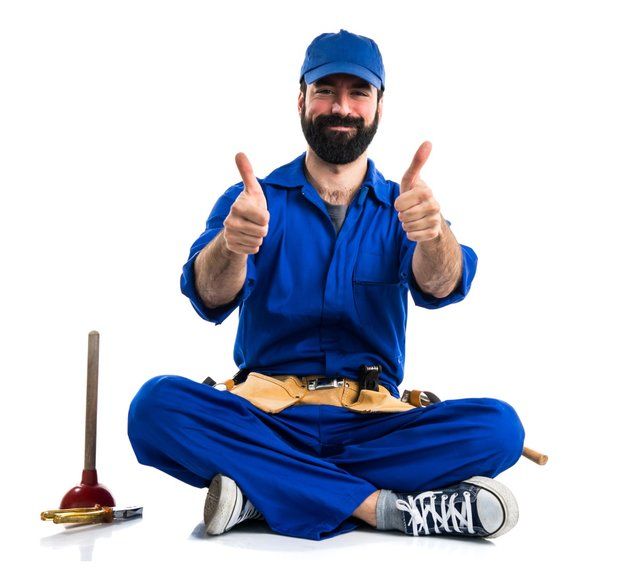6 Things Your Plumber Wishes You Knew
Because it’s tucked away behind the walls and beneath the sinks, it’s easy for homeowners to forget that plumbing requires special care and maintenance. But, overlooking this important fact could mean expensive repairs in the future. Here’s what plumbers want you to know about keeping your pipes healthy year-round.
Grease & Pipes Don’t Mix: So, stop dumping bacon grease, frying oil, and the like down your kitchen sink. Grease coagulates once it cools in your pipes and creates heavy clogs that can cause serious backup issues. Instead, let fat drippings cool and then dispose of them in a non-recyclable container.
It’s Good for Faucets to Drip—Sometimes: Normally, a dripping faucet is a sign of a problem, but when temperatures dip to freezing, a dripping faucet can help prevent freezing pipes. So, if freezing pipes have been a problem in the past, lightly open the tap to establish a steady drip. This one quick fix is usually all it takes to save you from a costly winter disaster.
Keep Under Sink Clutter to a Minimum: Storing bottles of household cleaner, a fire extinguisher, and a small trash bin under your sink may seem like a good use of cabinet space, but packing too many items near the curved pipe below your sink could cause it to loosen over time. When that happens, brace yourself for a potentially damaging leak.
Don’t Abuse Your Garbage Disposal: It may seem mighty, but your garbage disposal isn’t designed to handle large amounts of food waste or more fibrous foods like celery and potato peels. That’s why trying to dispose of too much food at once, or trying to grind the wrong types of food can quickly clog the disposal. Instead, use a compost for major scraps, and when you do run the disposal, rinse the ground food down the drain with lots of water.
Shut Off Your Water Valve Before Going on Vacation: No one wants to come home to a flooded house after a long, relaxing vacation. Avoid disaster by turning off the main water valve before you leave.
Never Throw Trash in the Toilet: Feminine hygiene products, cotton swabs, paper towels, makeup-removal wipes, and “flushable” cat litter clumps were not designed to play nicely with your toilet. These products don’t break down in liquid, so flushing them can increase your risk of clogging the pipes.
By keeping these tips in mind, you can significantly reduce your out-of-pocket plumbing expenses and prevent unnecessary water damage to your home.
